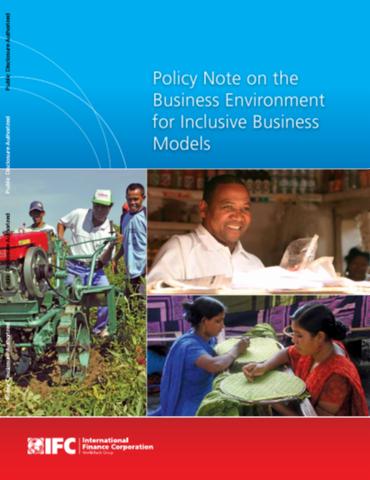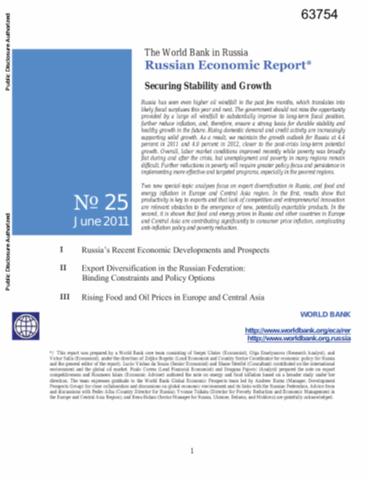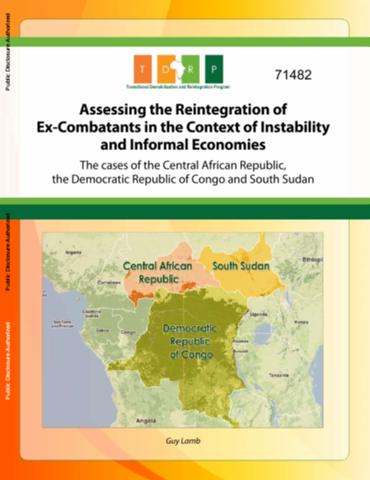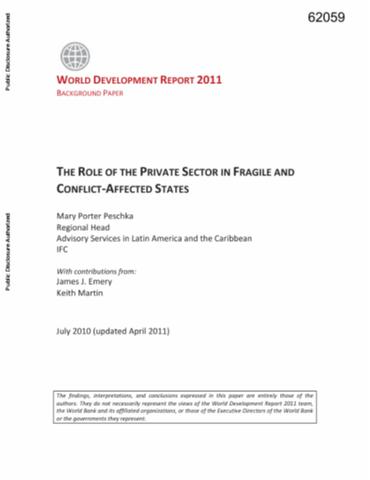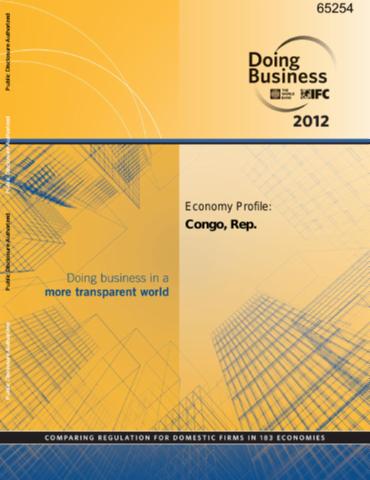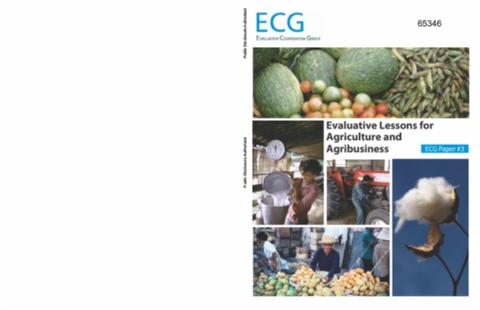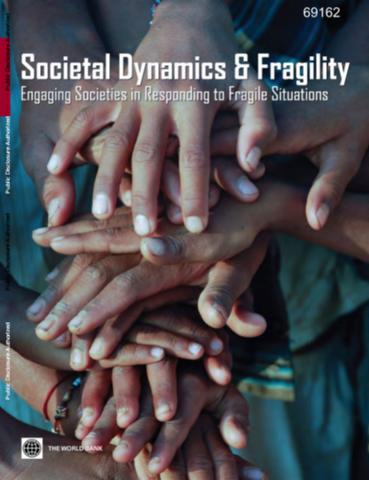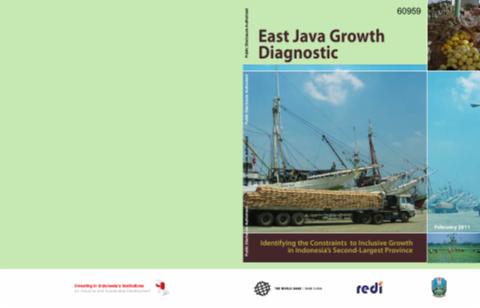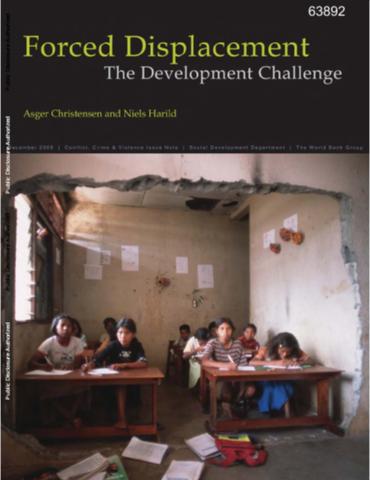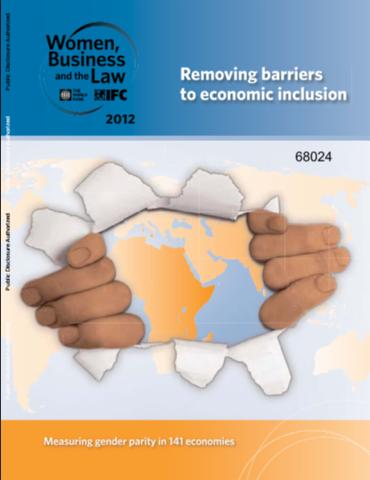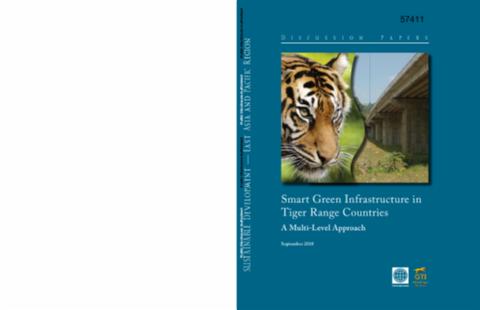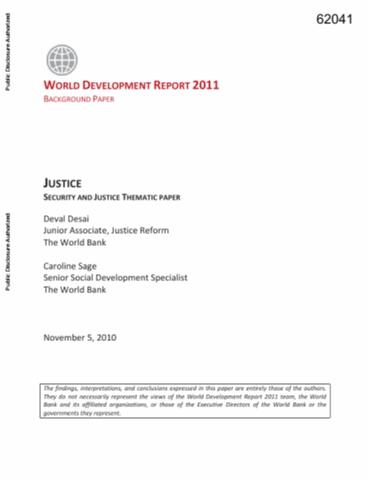Policy Note on the Business Environment for Inclusive Business Models
This policy note has two goals. First, to assess whether inclusive business models face specific regulatory hurdles. Second, to recommend policies that creates a business environment conducive to inclusive business. Little research has been conducted on the first goal. This note analyzes survey answers from companies that applied to the G20 Challenge. These companies were asked to rank regulatory obstacles and explain whether these obstacles created significant hurdles to their ability to serve the base of the pyramid.

